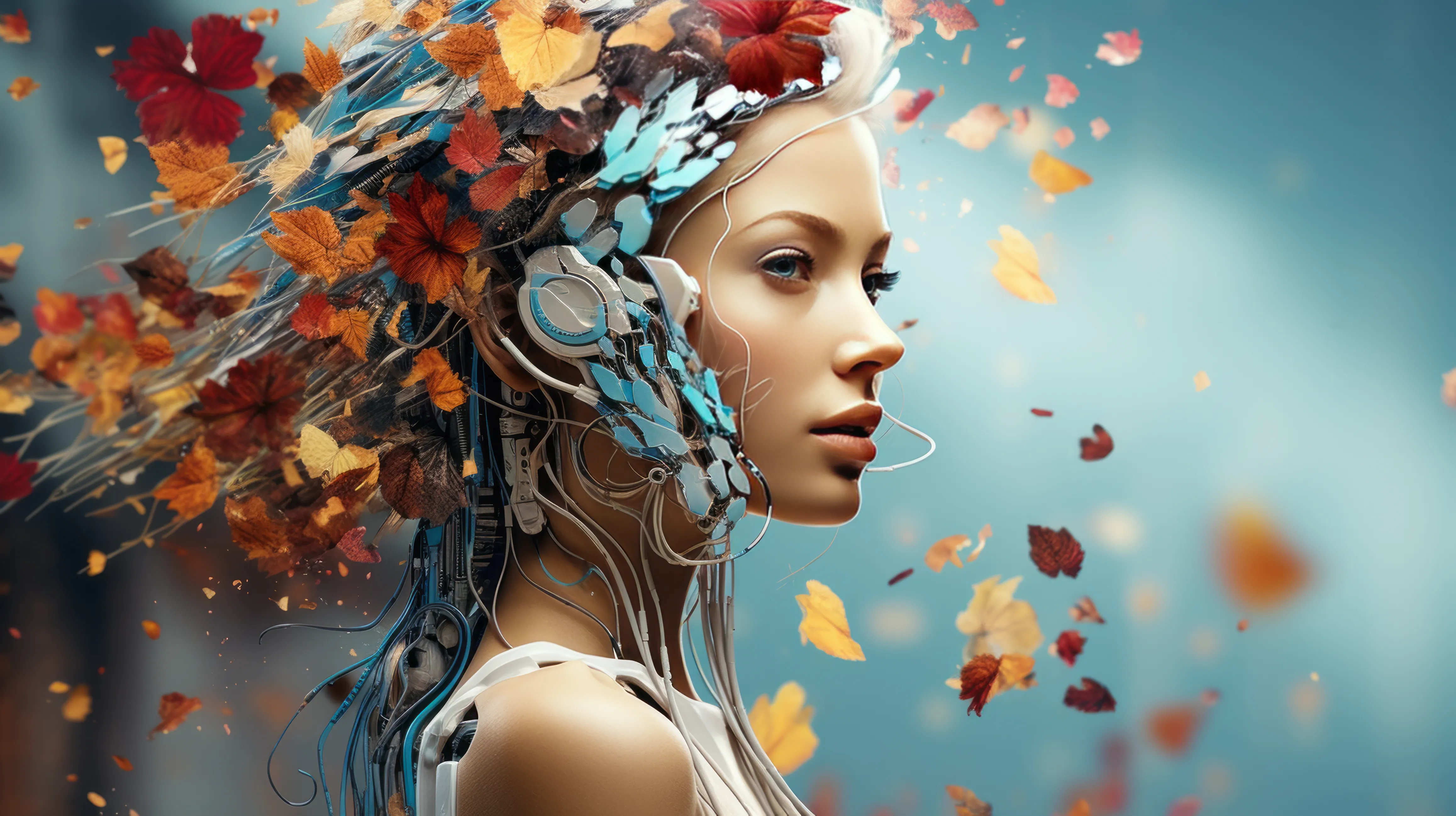1. Artificial Intelligence Film Festival announced
AIFF celebrates the fusion of filmmaking and AI with events including film competitions, screenings, panels, and workshops over six months in Expo City Dubai. Participants can win awards like Best Film, Best Director, Audience Choice, and AI Choice or engage virtually and in-person.
Source: AIFF
2. M.B.A. Students vs. ChatGPT
In a competition to generate innovative ideas, ChatGPT outperformed human participants from the Wharton School in both speed and quality of ideas, according to a study by Christian Terwiesch and Karl Ulrich. They argue that the future of innovation will likely involve a collaborative approach where AI serves as a “co-pilot,” helping humans generate a plethora of ideas that then require effective evaluation mechanisms.
Source: Wall Street Journal
3. Google announces Bard Extensions for Workspace
Bard, an AI collaboration tool, now integrates with Google apps and services, enabling users to retrieve and interact with information across various platforms seamlessly. The updated model ensures user privacy, allows easy verification of Bard’s responses using a “Google it” feature, and extends its capabilities to over 40 languages.
Bard Extensions allow Bard to pull relevant information from all their Google tools and services, including Gmail, Docs, Drive, Google Maps, YouTube, and Google Flights and Hotels.
Source: Google Blog
4. OpenAI unveils DALL-E 3
OpenAI introduced DALL-E 3, an enhanced text-to-image tool integrated with ChatGPT, enabling users to refine image prompts through chatbot interactions. Alongside better image quality and handling capabilities, DALL-E 3 implements measures to reduce algorithmic bias, address copyright concerns, and ensure safety.
For now, when it is not yet available to everyone, you can use it in the Bing search engine.
Source: OpenAI
5. Cloudflare Launches AI Suite for Edge Deployment
Cloudflare has introduced a new suite of AI products and applications to enable customers to easily build, deploy, and run AI models at the network edge. The suite includes Workers AI for accessing GPUs near users for low-latency AI experiences, Vectorize for storing vector embeddings, and AI Gateway for metrics and cost management, emphasizing a simplified AI management solution focused on cost-effectiveness.
Source: TechCrunch
6. New OpenOrca released
The OpenOrca team fine-tuned the Mistral 7B model using their own dataset, aimed to reproduce Microsoft Research’s Orca Paper, and achieved impressive rankings on various leaderboards. This release, codenamed “MistralOrca”, offers exceptional performance and can run on moderate consumer GPUs, with further details and evaluations accessible through provided links and platforms.
Source: HuggingFace
7. ChatGPT can now see, hear, and speak
OpenAI has introduced new voice and image capabilities to ChatGPT, enabling users to engage in voice conversations and show images for assistance. These enhancements provide more intuitive interactions, with voice available on iOS and Android and image features across platforms, while emphasizing safety and responsible usage of the technology.
Source: OpenAI Blog
8. Meta Connect 2023 primarily focuses on AI
At the Meta Connect 2023 conference, Meta highlighted its AI innovations, introducing chatbots based on the personalities of 28 celebrities and developer tools for creating AI experiences across its platforms. Additionally, in collaboration with Ray-Ban, Meta showcased the new smart glasses integrated with their AI capabilities.
Source: Meta Connect
9. Paige, Microsoft Unveil Cancer-Fighting AI
Paige and Microsoft have collaborated to develop the world’s largest image-based AI model aimed at transforming cancer diagnosis and patient care through digital pathology and oncology, utilizing over a billion images from half a million pathology slides across various cancer types. Leveraging Microsoft’s supercomputing infrastructure, the initiative aims to significantly enhance cancer imaging, providing new insights into cancer pathology and paving the way for next-gen clinical applications, computational biomarkers, and improved patient outcomes globally.
Source: Business Wire
10. AI-Crafted Coca-Cola Y3000: A Futuristic Flavor Fusion
Coca-Cola has unveiled its latest mystery flavor, Coca-Cola Y3000, which was developed with the aid of artificial intelligence to evoke a taste of the future while maintaining the core Coke taste, aimed at engaging younger consumers and refreshing the brand’s appeal. Accompanying the launch, a QR code on the Y3000 packaging directs customers to a digital experience on the Creations platform, and partnerships with luxury streetwear and fashion brands extend the theme into apparel, underscoring Coca-Cola’s experiential marketing approach for its limited-edition flavors.
Source: Coca Cola
